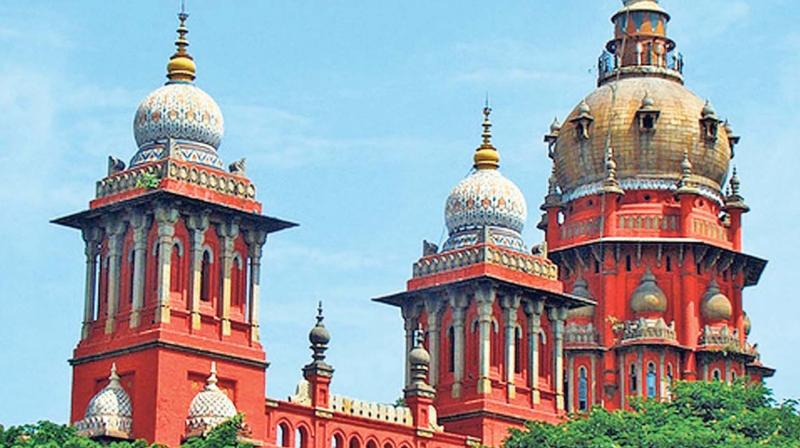HC prudently avoids House controversies

The Madras high court may have displayed judicial prudence in dismissing the DMK’s plea to disqualify the deputy chief minister and 10 MLAs for voting against the government in a trust vote in the Tamil Nadu Assembly last year. The bench, which included the Chief Justice, thought it wise not to entertain a plea that would question the powers of the Speaker, specially when a Constitution Bench of the Supreme Court was seized of the issue of whether courts could intervene in cases of studied inaction by the Speaker. The main Opposition party has been told that it is free to approach the Supreme Court in the matter. What lends the issue great piquancy is that 18 MLAs of a faction of the ruling AIADMK loyal to jailed leader Sasikala and her nephew T.T.V. Dhinakaran were disqualified by the Speaker after they threatened to vote against chief minister Edappadi Palaniswami’s government if another Assembly trust vote was held.
This judgment is politically significant as it lends the government some stability at a time when its numerical position in the Assembly is in doubt as it can claim the unalloyed support of only 111 MLAs in a House that has 215 members, out of a total strength of 234 plus one (nominated). However, questionable methods were involved in the way in which the trust vote was handled in February 2017 after Sasikala’s jailing amid a play of “resort” politics as legislators were sequestered near Chennai. The Speaker had evicted the Opposition members before declaring a favourable count for the ruling party. It’s the Speaker’s powers that are under scrutiny here once again in a state where a former Speaker had claimed “sky high” powers, inviting a wide-ranging discussion on the separation of powers nearly three decades ago.
The fear that democratic principles, as governed by the mandate that people give to leaders, are somehow being compromised by Speakers, who are far from being bipartisan in dealing with matters that arise in the Assembly, will never go away. The dichotomy of 11 MLAs being members of the government after voting against it and 18 others disqualified for threatening to rebel is sufficient to bring out the parlous state in which the Speaker’s interpretation of the rules of the House have placed Tamil Nadu in. Given the pace at which the justice system operates in this country, even governments seem to be able to bet on expediency getting precedence over principles. The status quo may mean stability for the rule of the once powerful party nurtured by MGR and Jayalalithaa and which has fallen upon faction-ridden times. The question is whether it has absolute legitimacy in terms of constitutional propriety of enjoying the confidence of a majority of legislators.

